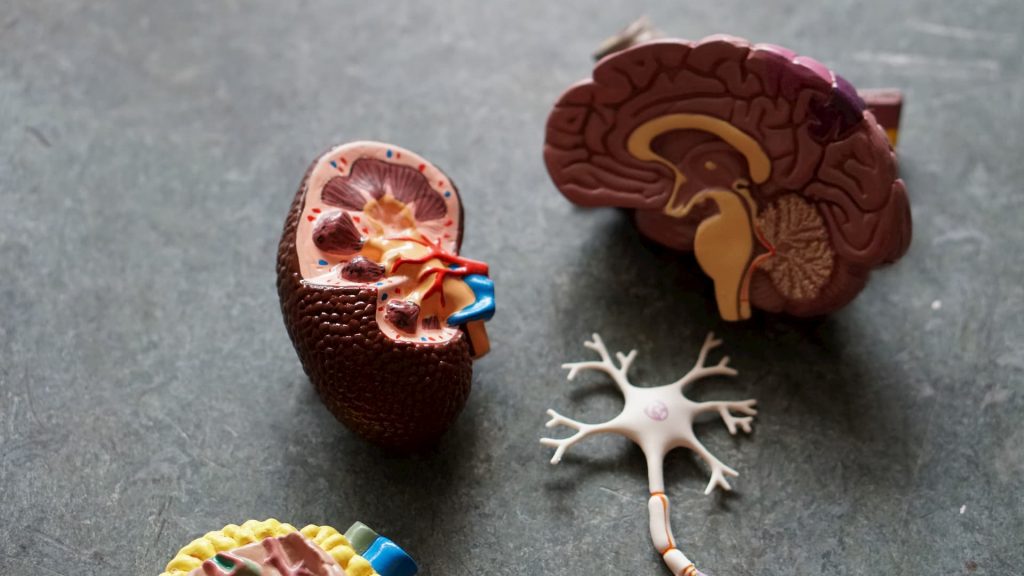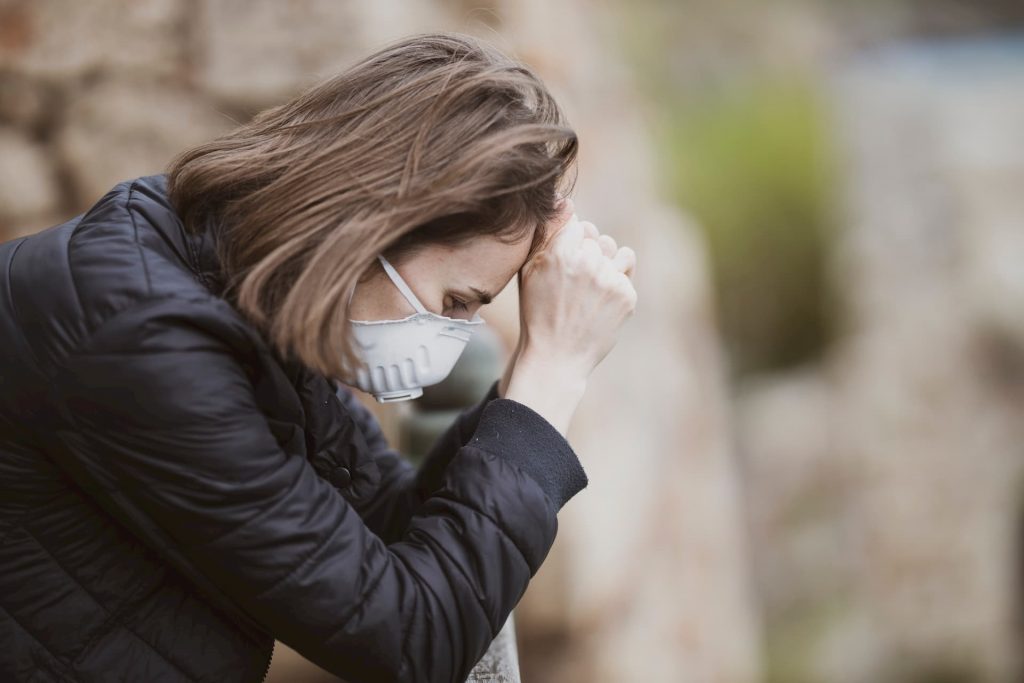COVID-19 has changed a lot in our lives. But there are many day-to-day stressors that will impact our lives, regardless of the pandemic.
Still, there is a fear of sickness. Stress from having a hard time finding a job, paying bills or keeping to a daily routine. Others suffer from being isolated or feeling disconnected.
As the COVID-19 situation changes, so do the stressors that come along with it. Should I wear a mask? Should I not wear a mask? Should I get a COVID-19 vaccine? Should I wait to see the impact of the vaccine? Unfortunately, stress is a silent health issue you may be ignoring. The unknown is often scary.
Stress touches every life. It can threaten your health. How you cope with it is important.
Not all stress is bad. However, you can prevent its negative affects by knowing how to monitor it and when to ask for help.

How stress works
There are healthy ways to cope with stress. It helps to understand how stress works.
Stress is your body’s answer to an outside force. Your brain and body react to tough situations by releasing hormones. This sparks your “flight or fight” response, and you may feel on-edge until you find a way to calm down.

Physical effects of stress
Stress can damage your body, especially if you’ve been feeling it for a long time. When you are stressed, your muscles get tense. This can trigger headaches and migraines or sore muscles and pain.
It can also change your breathing. You may have rapid breathing or shortness of breath when hit with a sudden stressor. If you have COPD, chronic bronchitis or other pre-existing respiratory issues, it can make things even worse.
Stress can also upset digestion, causing stomachaches, heartburn or bloating. All of these can make you uncomfortable and affect your mood. Too much stress can also sex drive, make it more difficult to have children and alter a woman’s menstruation cycle.
Long-term stress is also bad for your heart. It can lead to high blood pressure, heart attack or stroke. It’s also possible that stress can increase your cholesterol levels. The effects of stress on your heart vary from person to person, as does the type of stress and how it impacts heart health.

Mental effects of stress
Stress can impact your mental health as well. You might start to notice mood swings or a mix of feelings such as anxiety, anger or fear. It can even lead to or worsen depression.
Stress can change how you act. You may feel like turning to alcohol, tobacco, drugs, or overusing a prescription medication instead of getting help.
Previous life trauma and failing to deal with stress can increase your risk of suicide. If you or a loved one struggle with isolation or feeling alone, it’s important to check in with family and friends often. If you see any warning signs of suicide, seek help.

How to cope with stress and COVID-19 fears
Here are ways to deal with stress during COVID-19:
- Get a COVID-19 vaccine to protect yourself and others. Follow current CDC guidelines on mask-wearing and rules for large gatherings.
- Make sure you know what to do if you become sick. If you aren’t feeling well (even if you don’t have any COVID-19 symptoms), contact your doctor or visit a walk-in clinic. They will help you with your next steps. DO NOT AVOID THE DOCTOR because you feel it might not be safe. Doctor’s offices and hospitals can safely care for you.
- Know where to find help. If stress is upsetting your daily life, call your doctor. Find a counselor. Talk to someone.
- Keep your mental health in focus. Stress becomes dangerous when you ignored it and don’t deal with what you’re feeling.
- Take time for yourself. It sounds easy, but make sure you schedule time to relax. Unplug for a few hours. Take a nap. Go for a walk, or simply sit around the table for a family meal and talk about things that make you happy.
- Take care of your body. Eat right and exercise. Get plenty of sleep. Avoid overusing tobacco and alcohol, they can harm your mental health.
- Stay connected. Talk with family and friends online. Social distancing can be hard, and you probably miss seeing friends or activities you used to do with groups. Use social media, FaceTime, Skype, Zoom or other options to spend time together in a different way. Humans are social by nature, so staying connected will reduce your stress.
- Know the facts. There is a lot of misinformation about COVID-19. Getting the right facts and knowing how to prepare can lower your stress. The CDC offers many resources regarding COVID-19.

Where to seek help
If stress is taking over your life, you might need help. Don’t be scared or ashamed, everyone struggles with stress. Call your doctor or use one of these options for help:
- 911 for immediate emergencies
- Disaster Distress Helpline – 1-800-985-5990 (Para Español, marque 2)
- National Suicide Prevention Lifeline – 1-800-273-TALK (8255); Para Español, 1-888-628-9454
- National Domestic Violence Hotline – 1-800-799-7233 or text LOVEIS to 22522
- National Child Abuse Hotline: 1-800-422-4453
- National Sexual Assault Hotline: 1-800-656-HOPE (4673)
- Veteran’s Crisis Line: 1-800-273-TALK (8255)
NMC Health is here for you. Your health is our focus.


